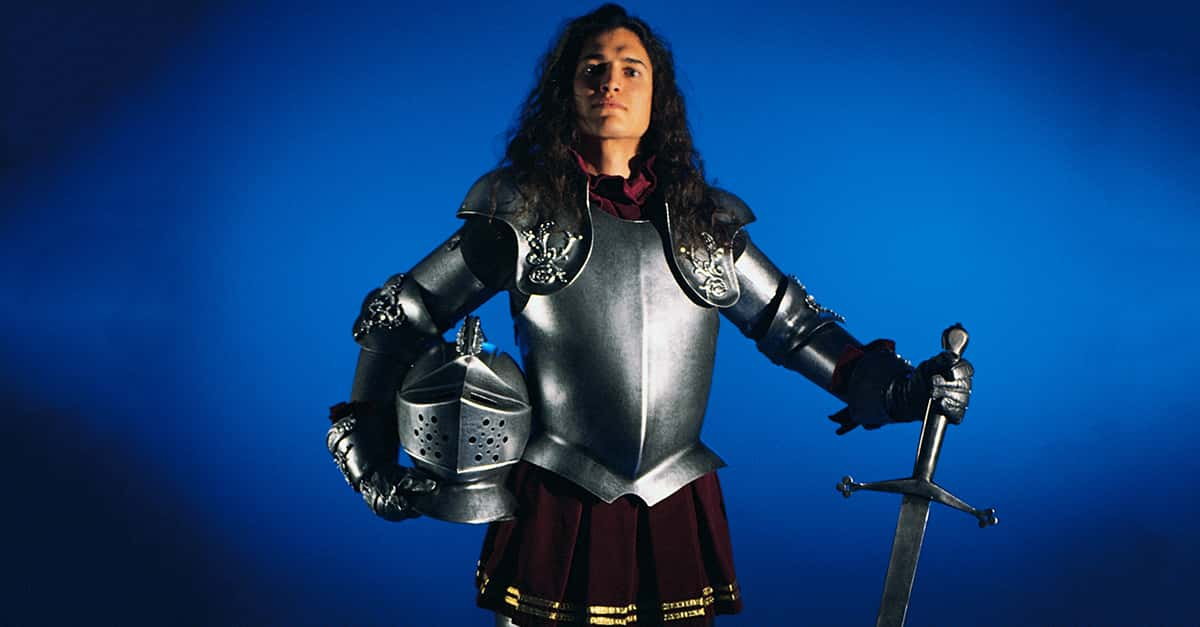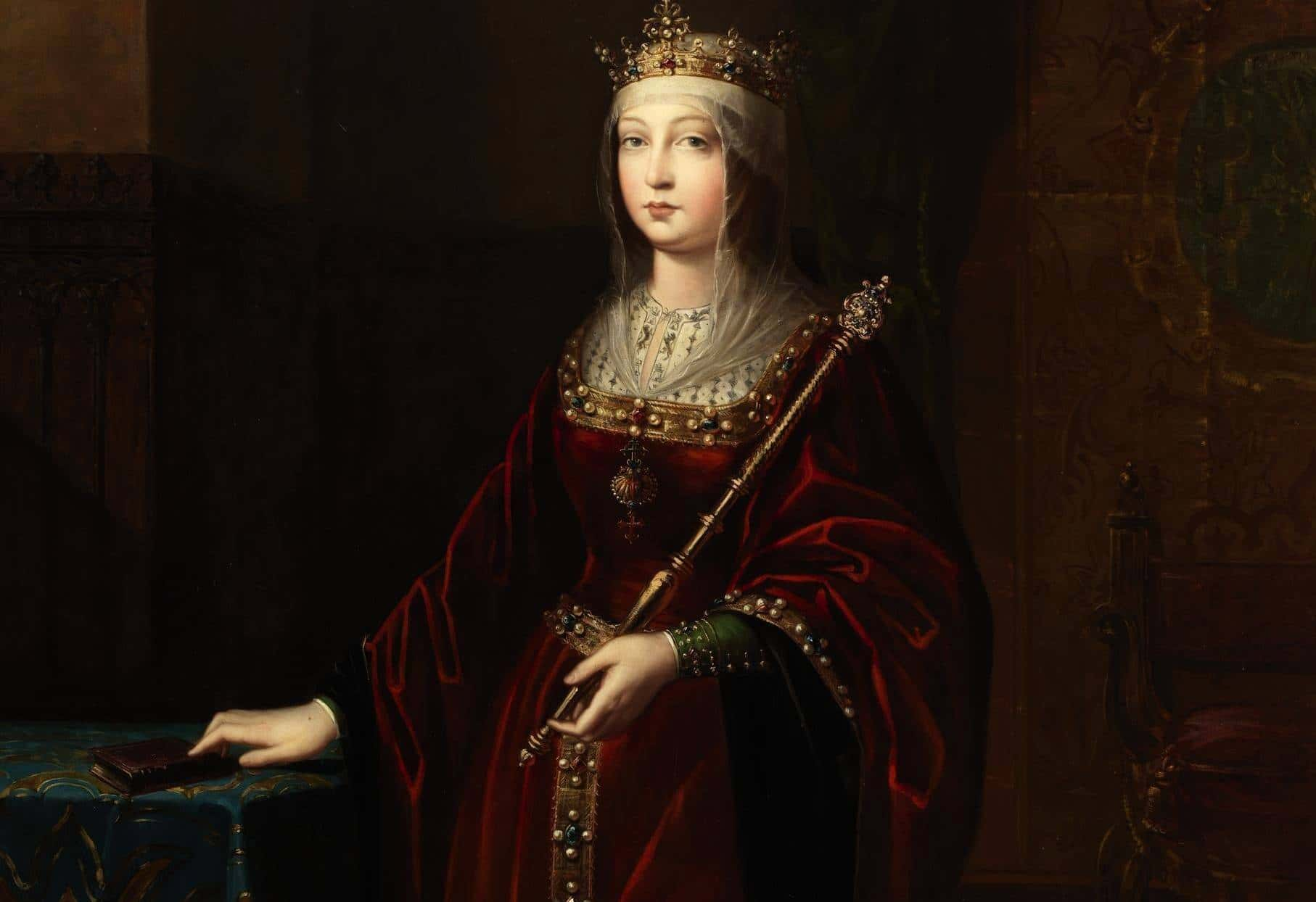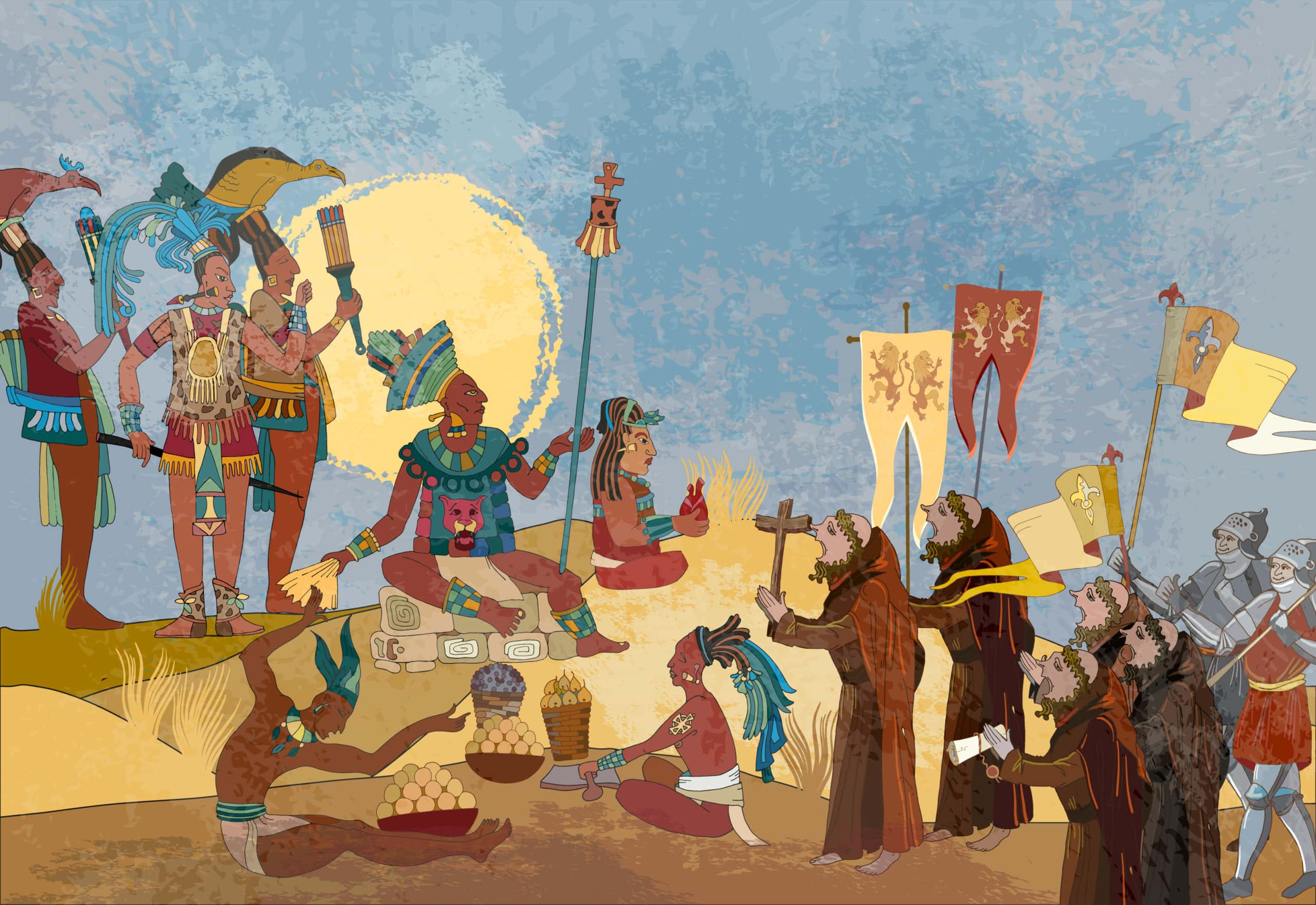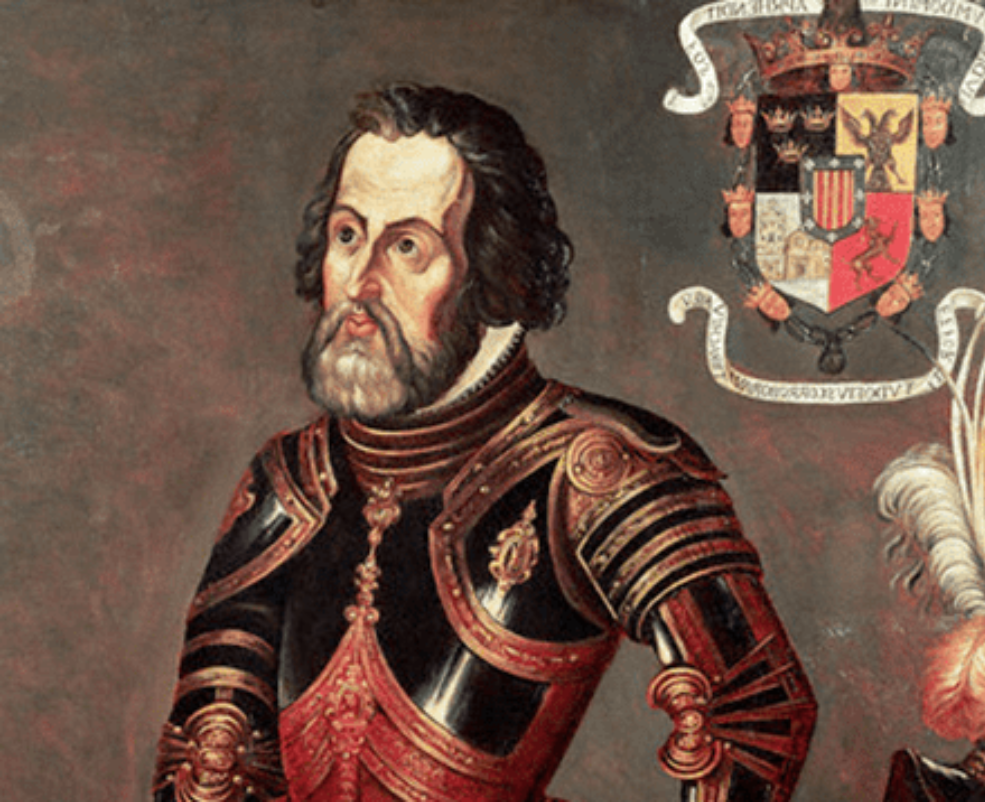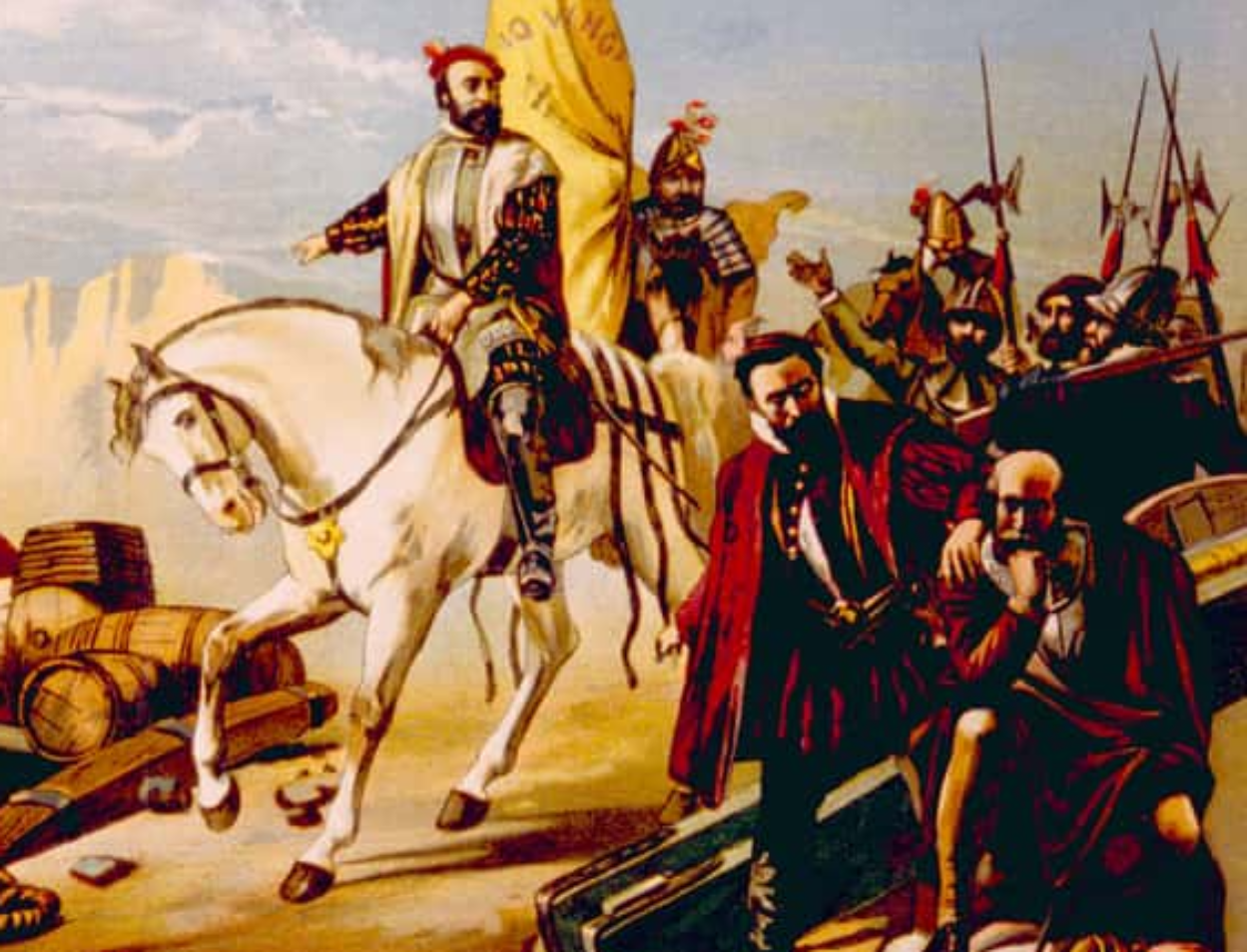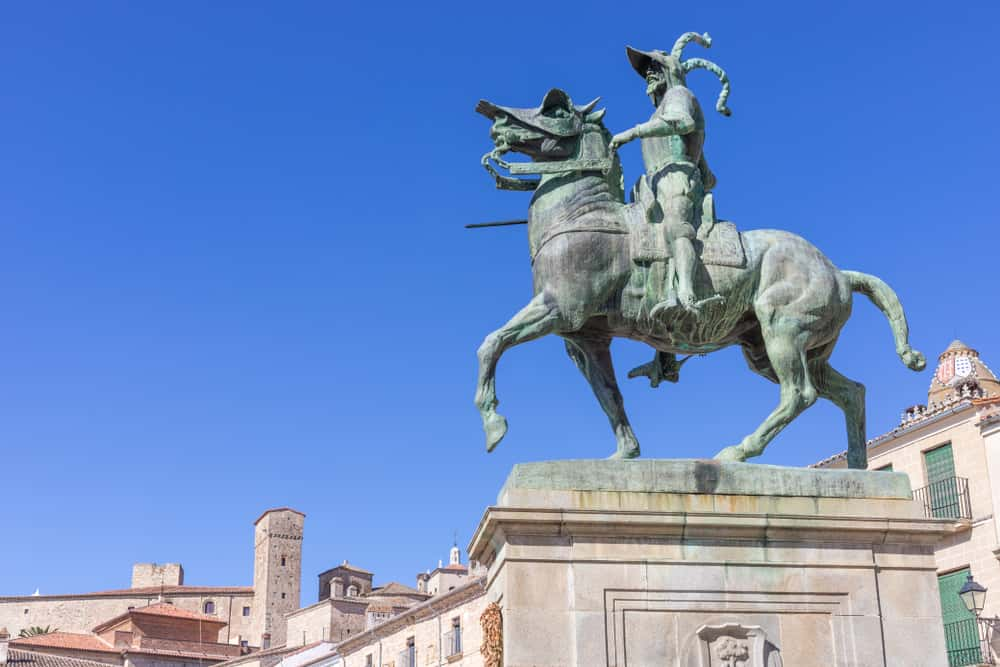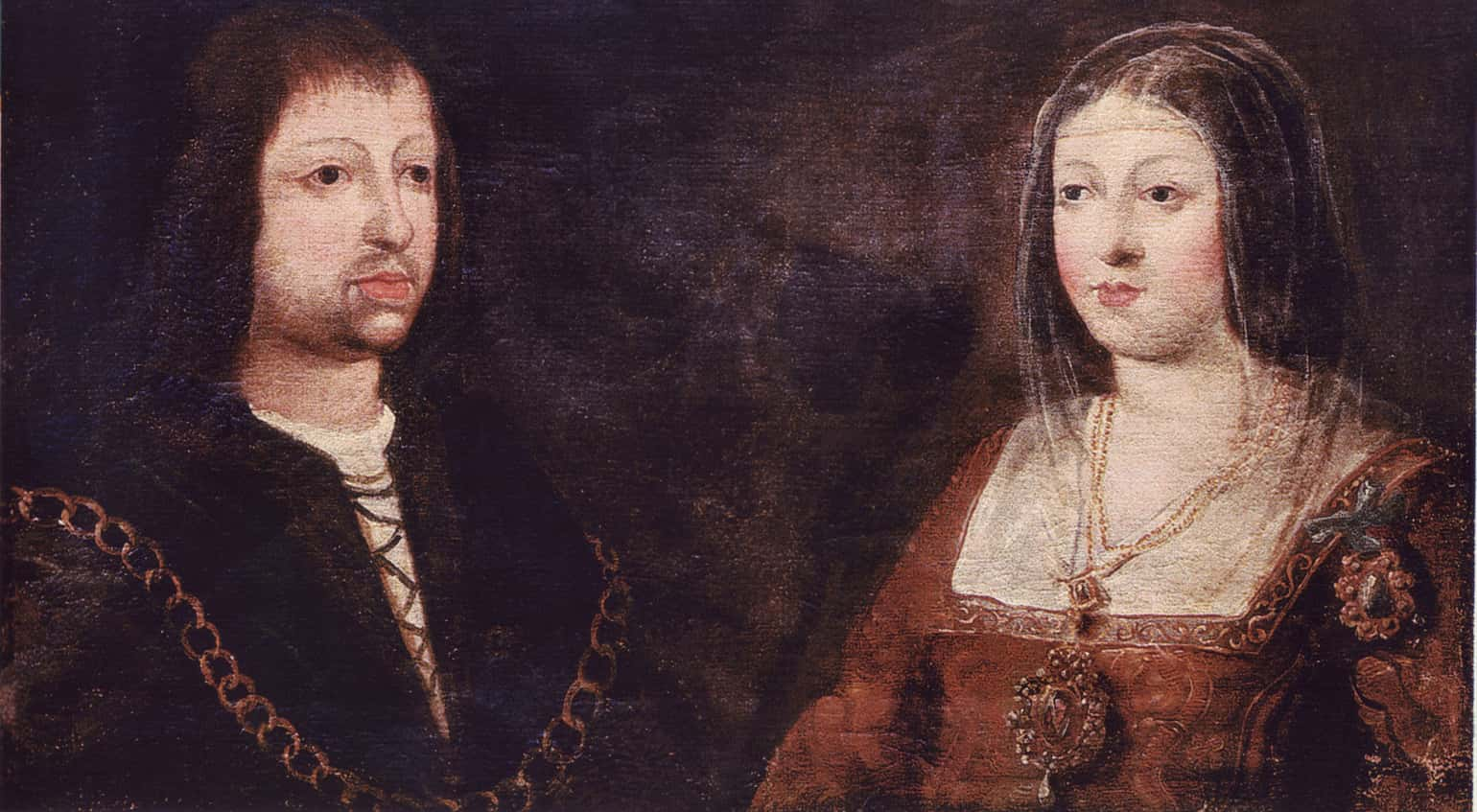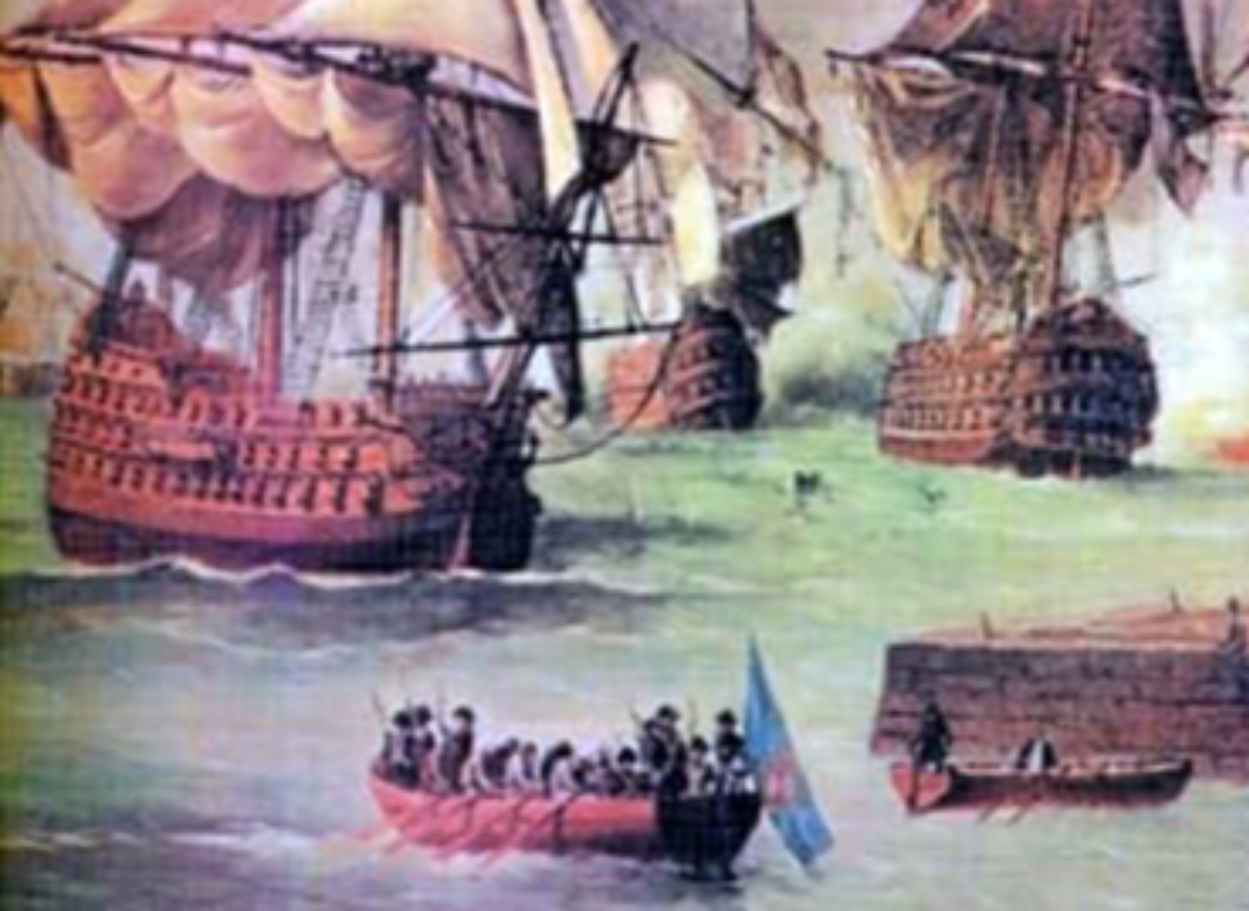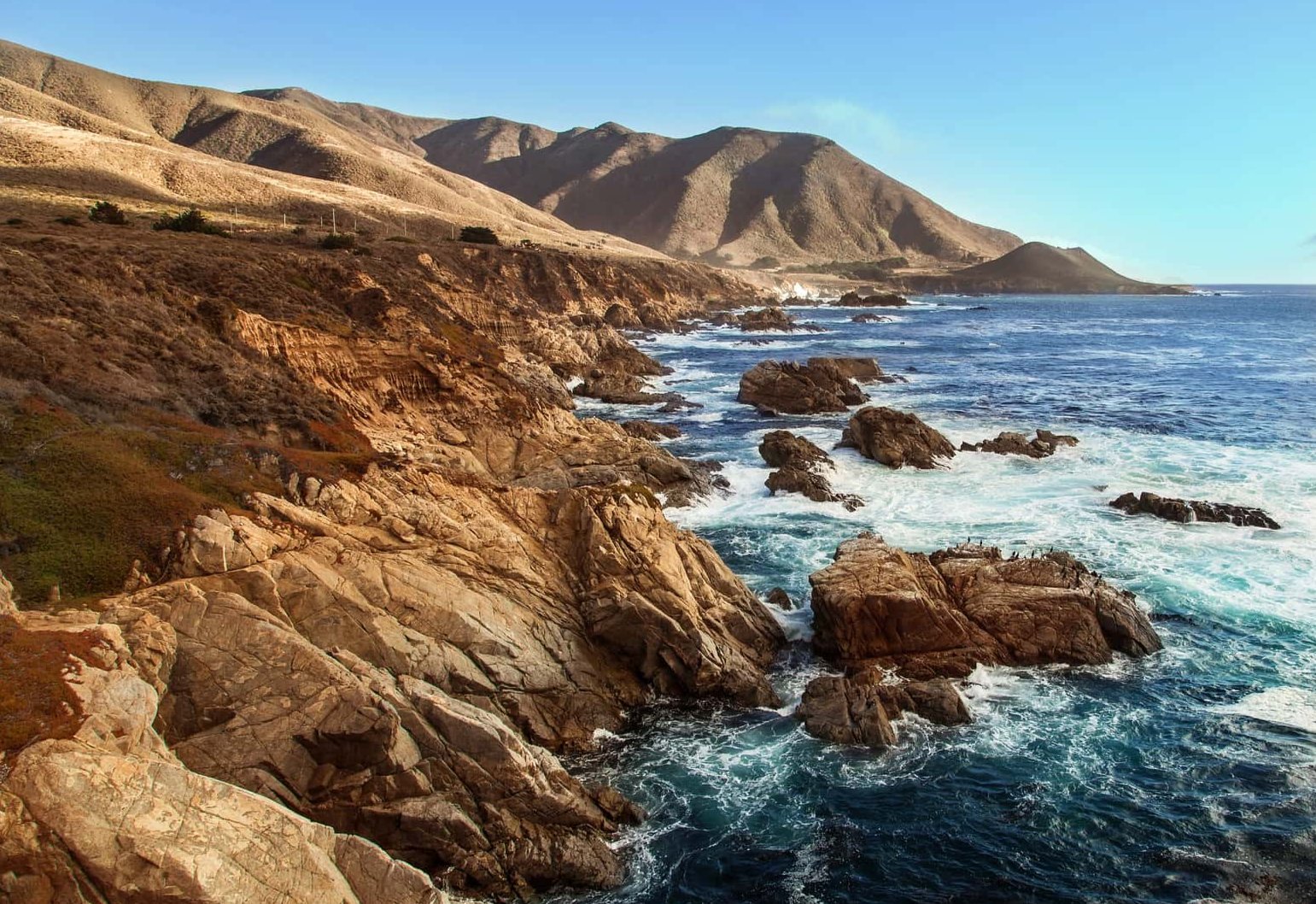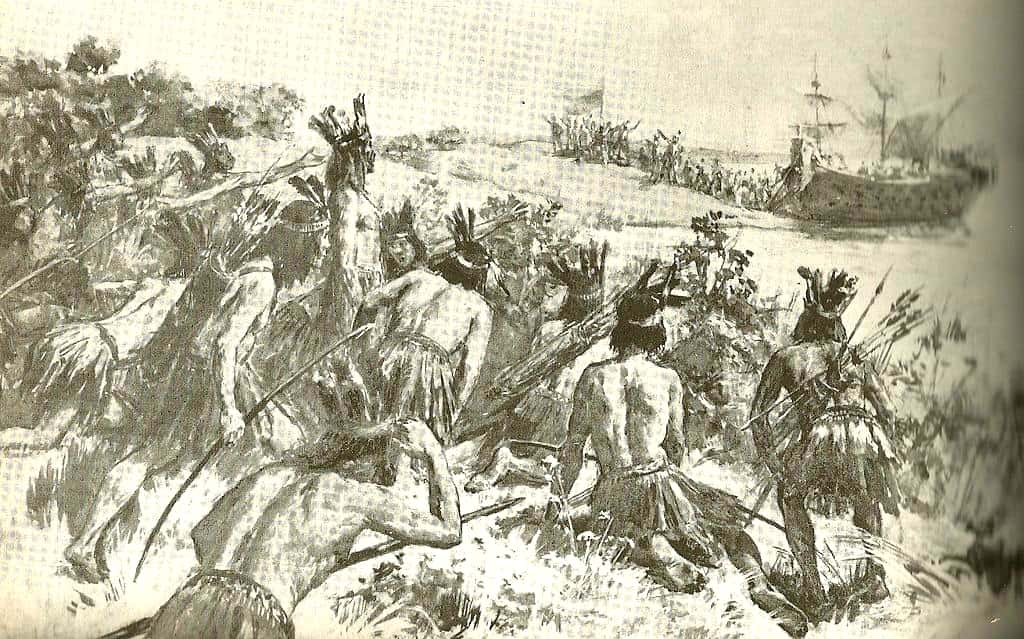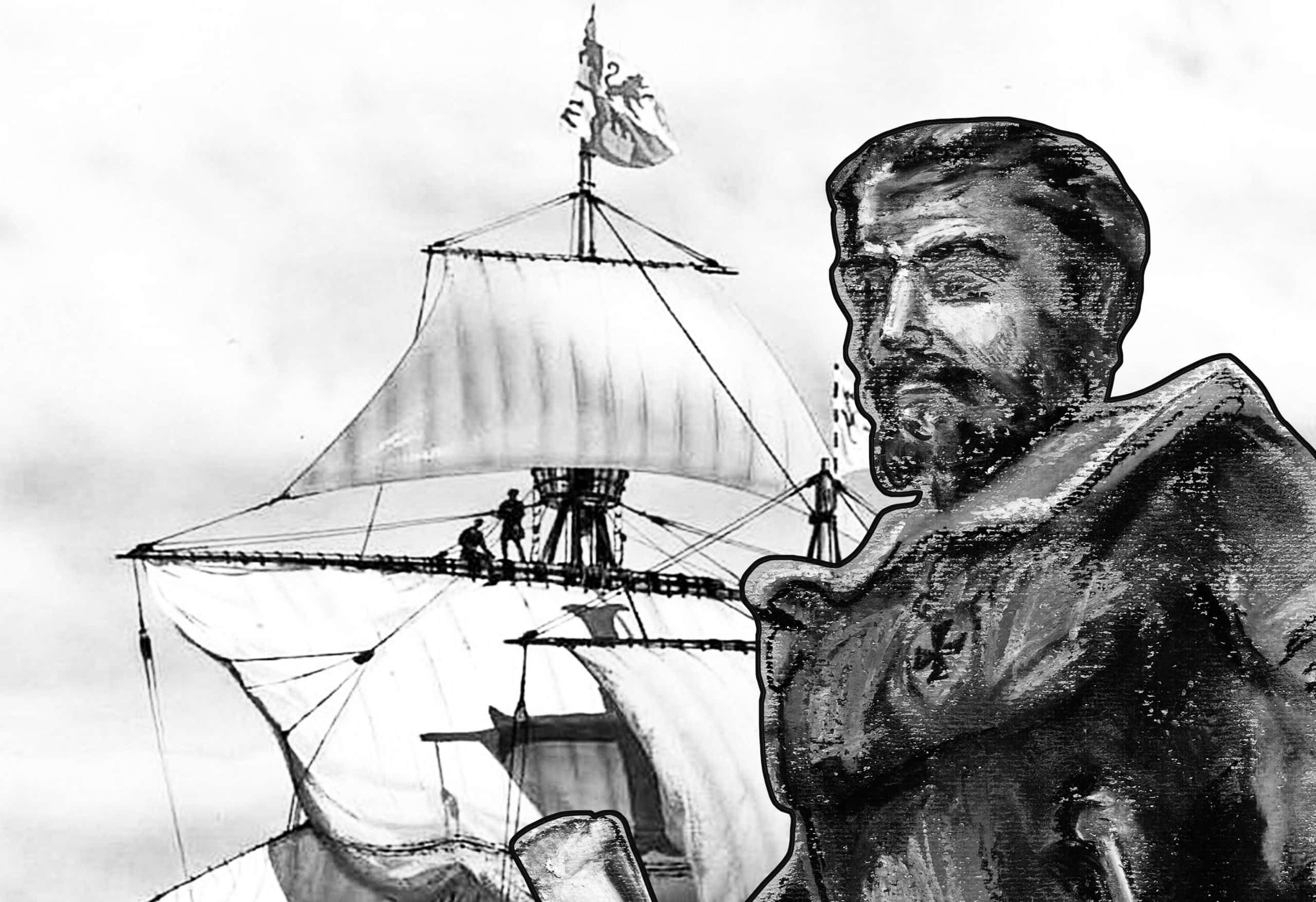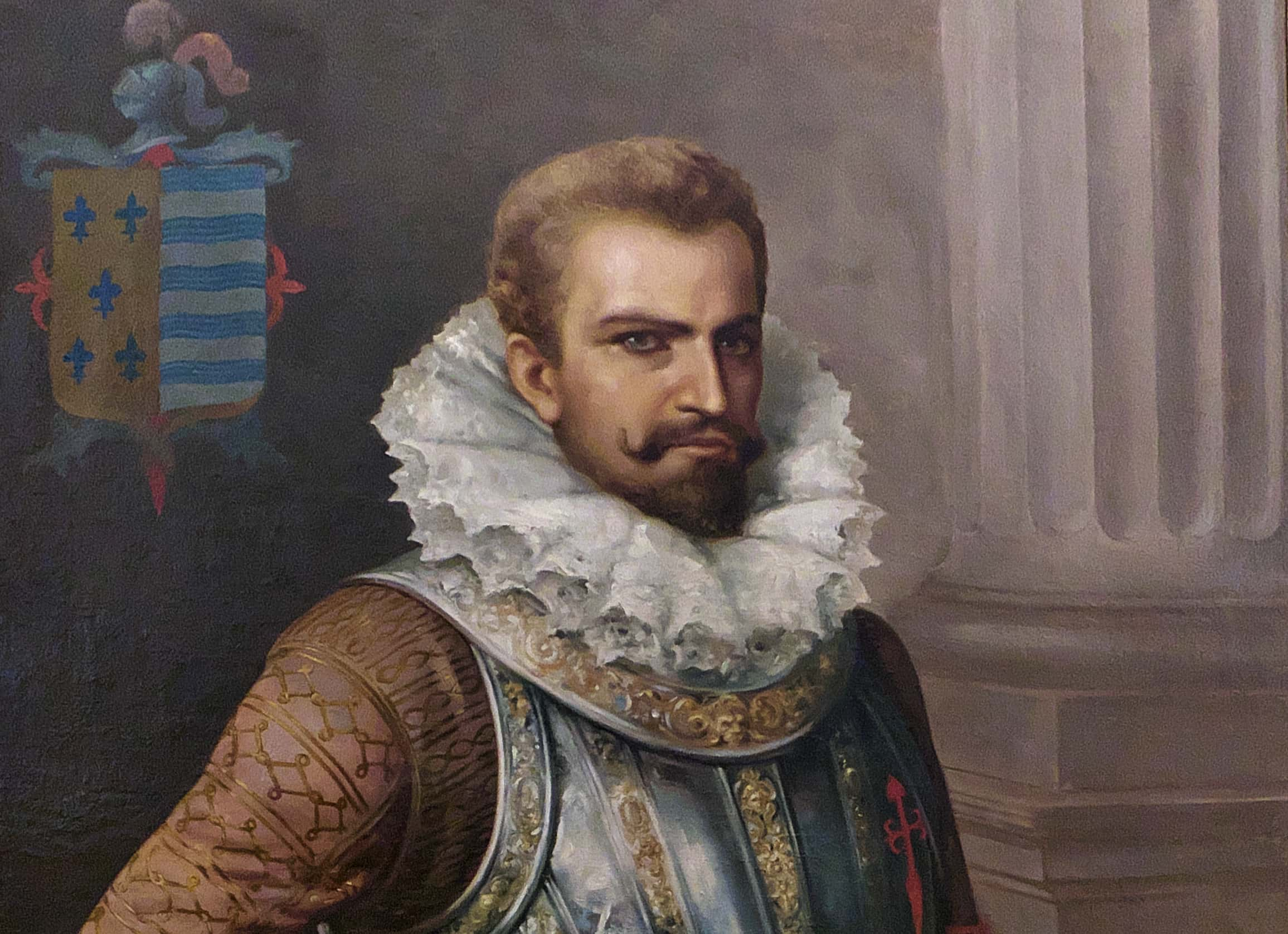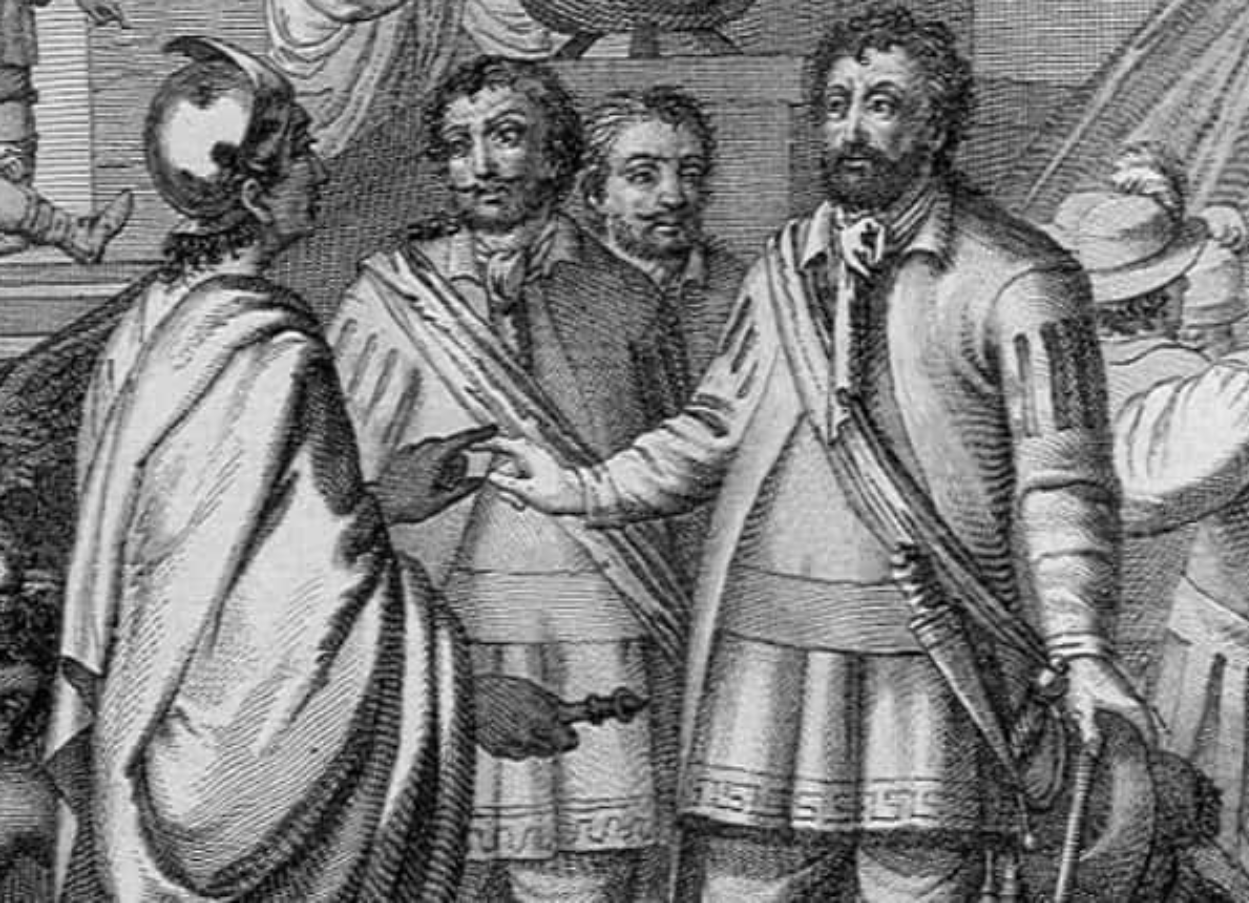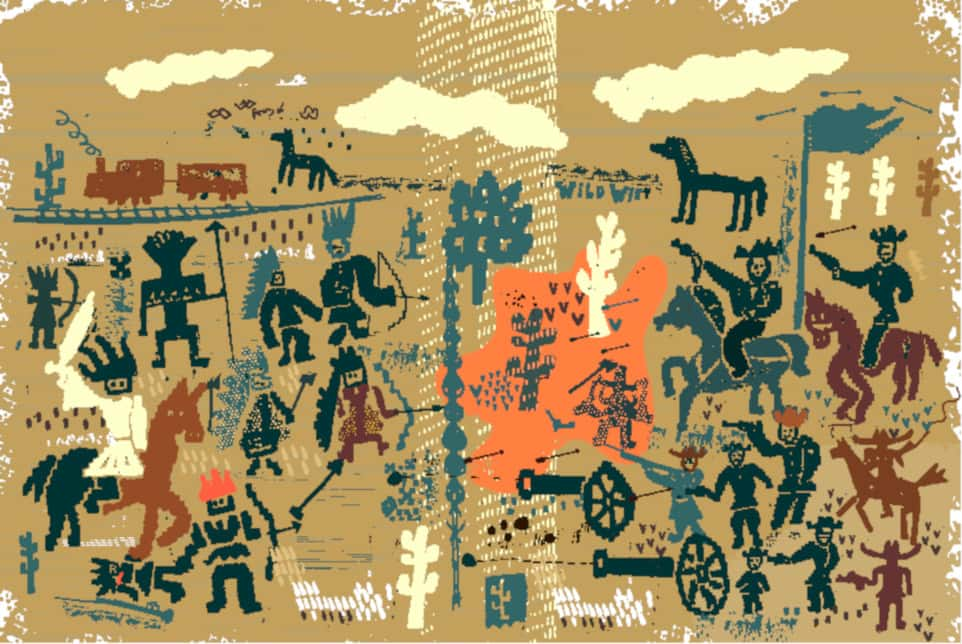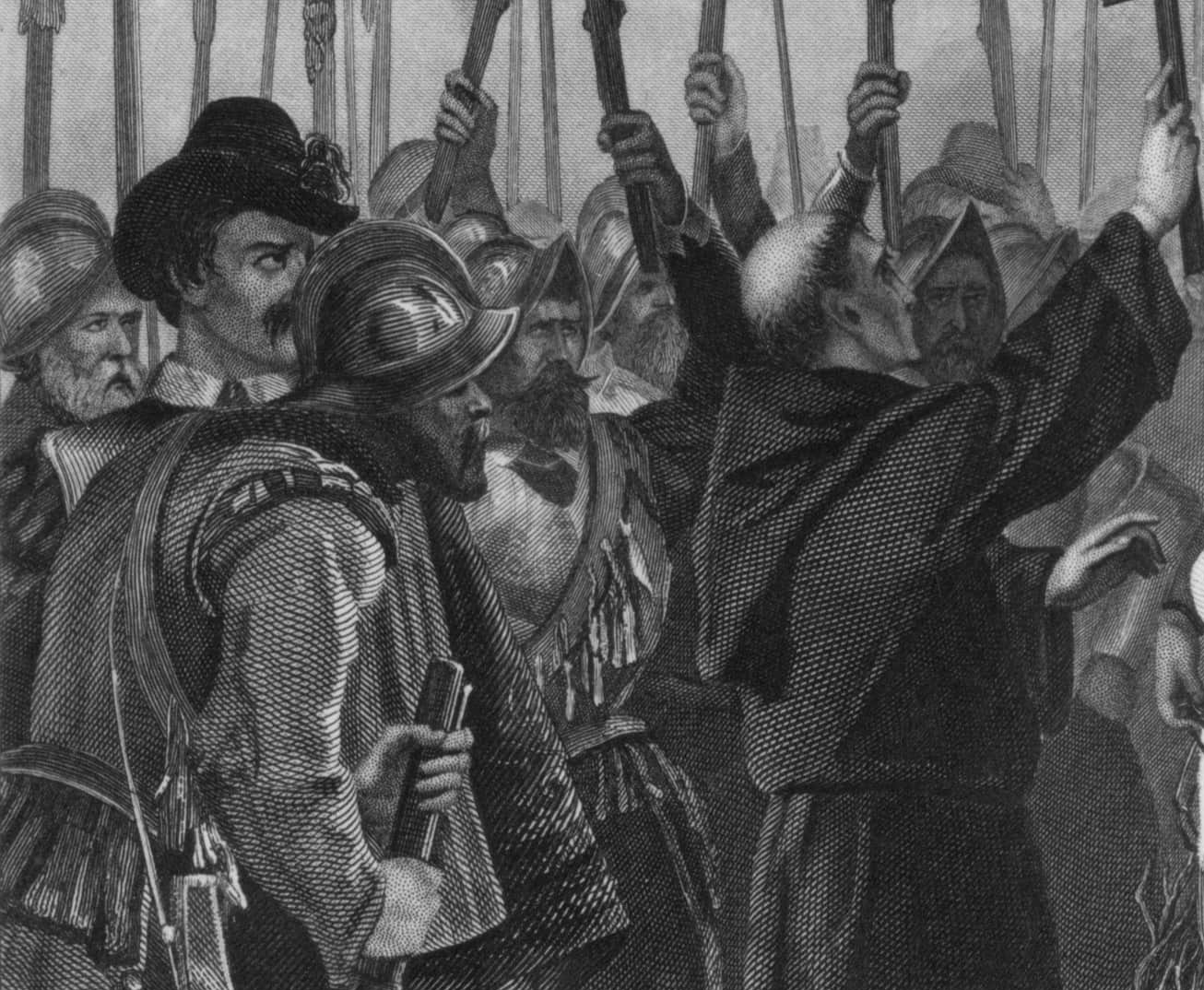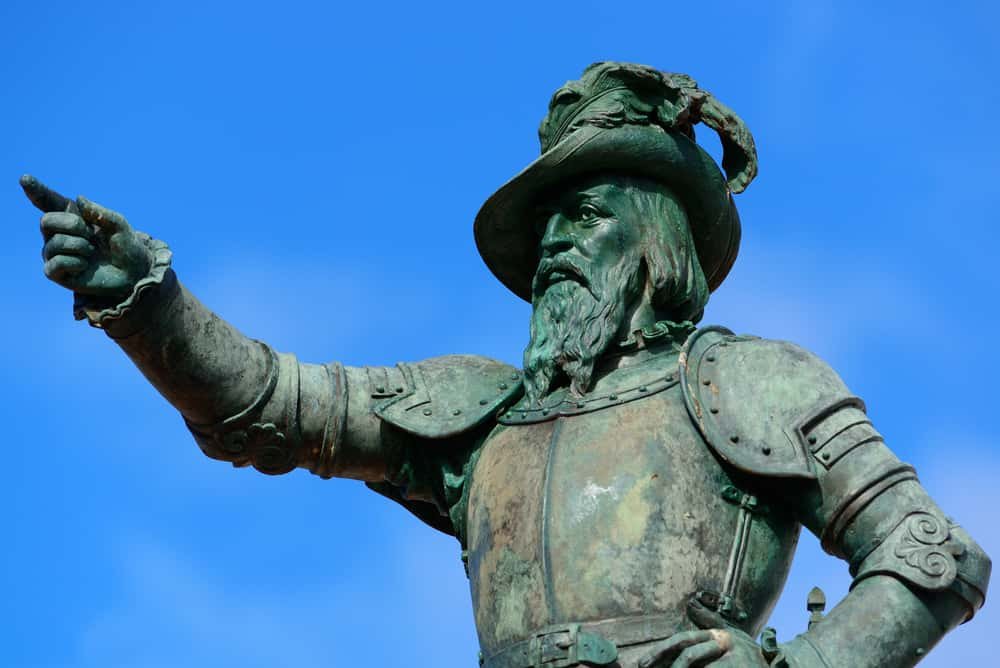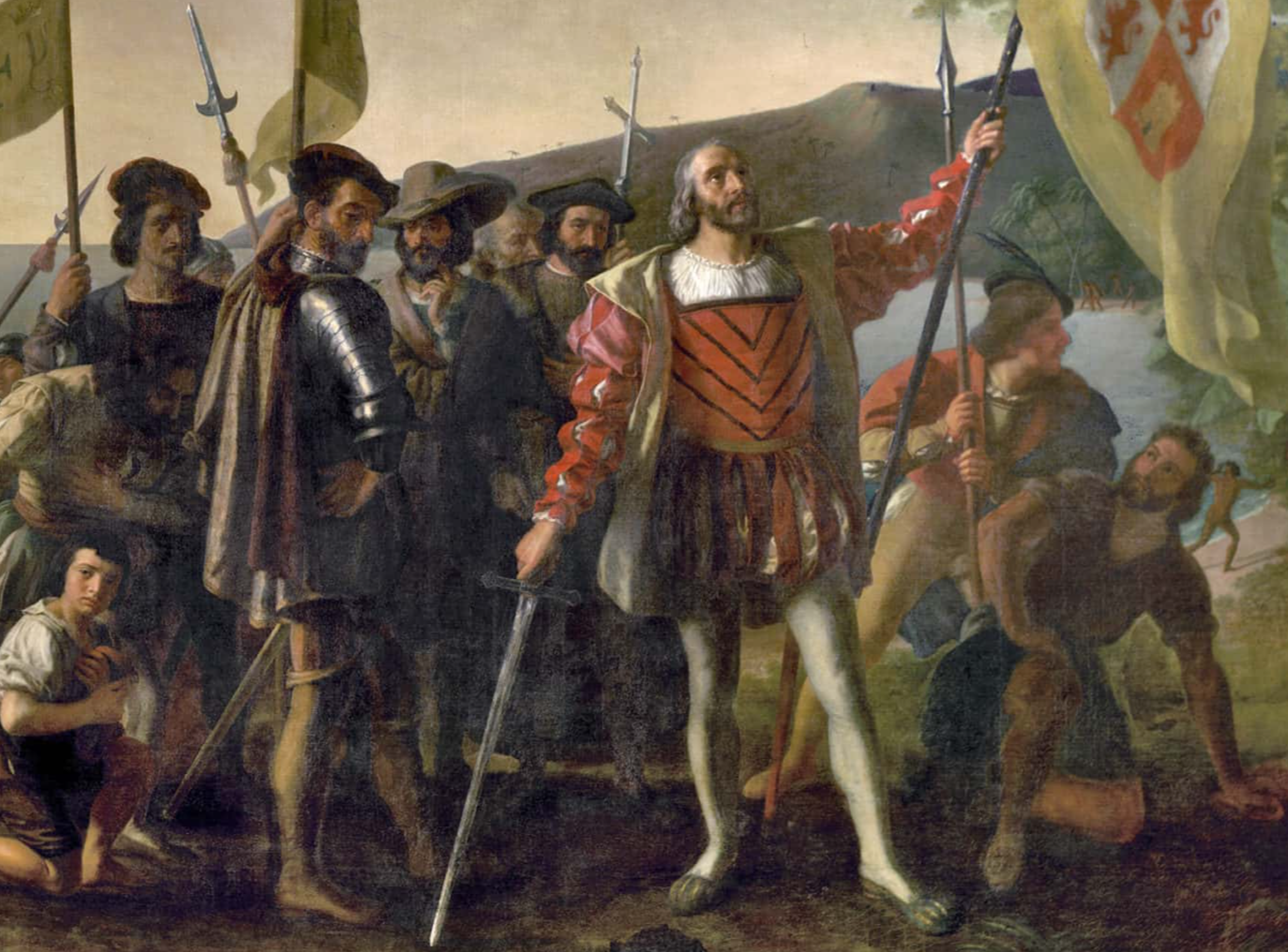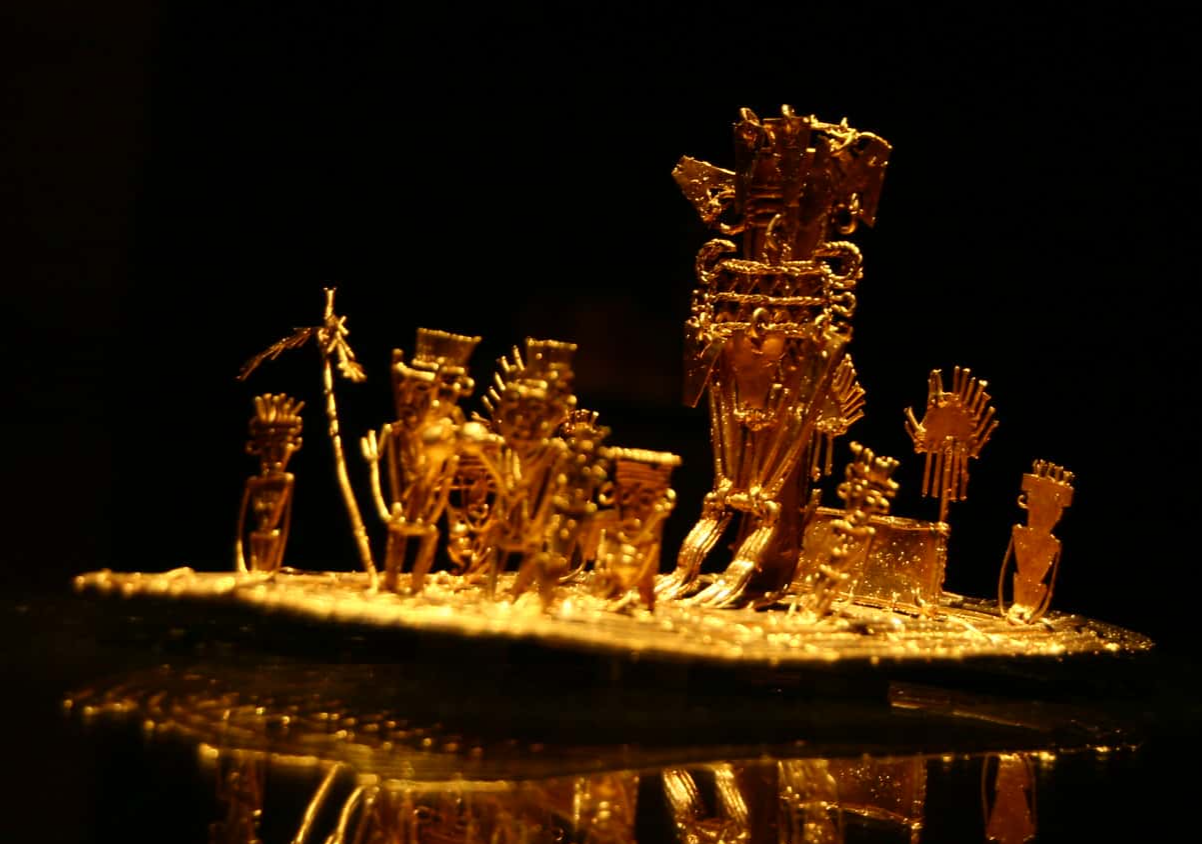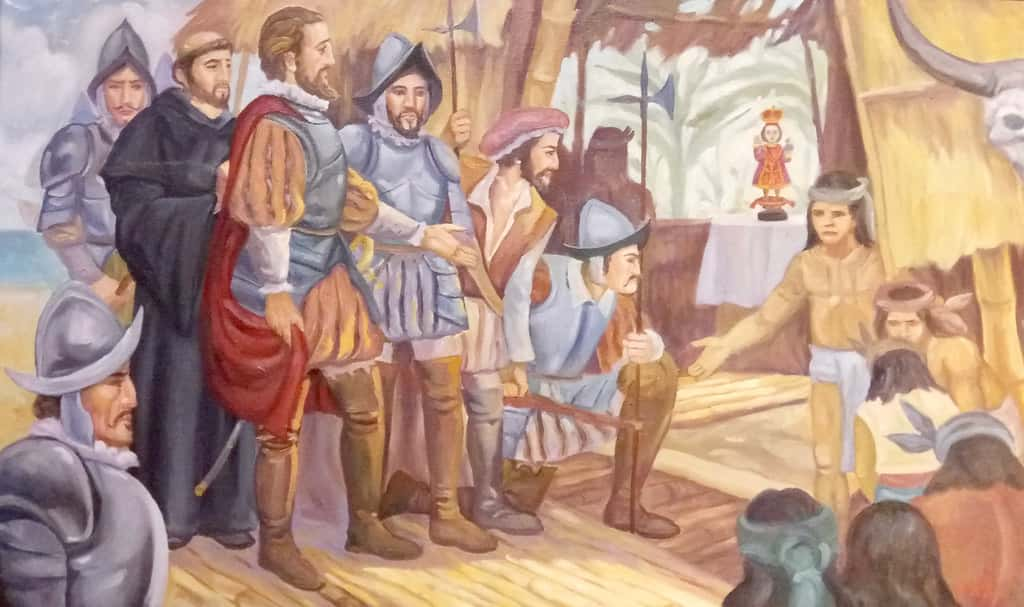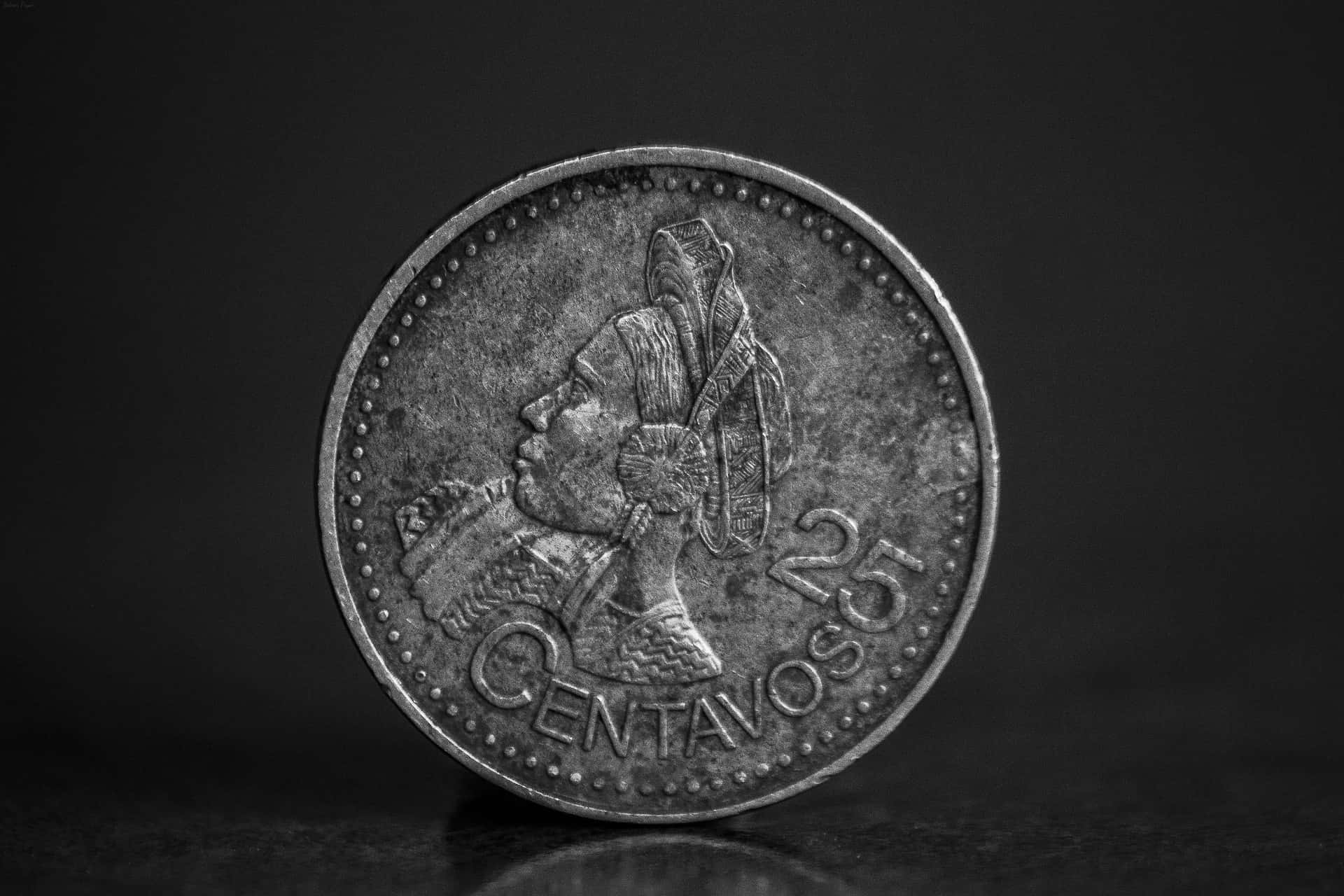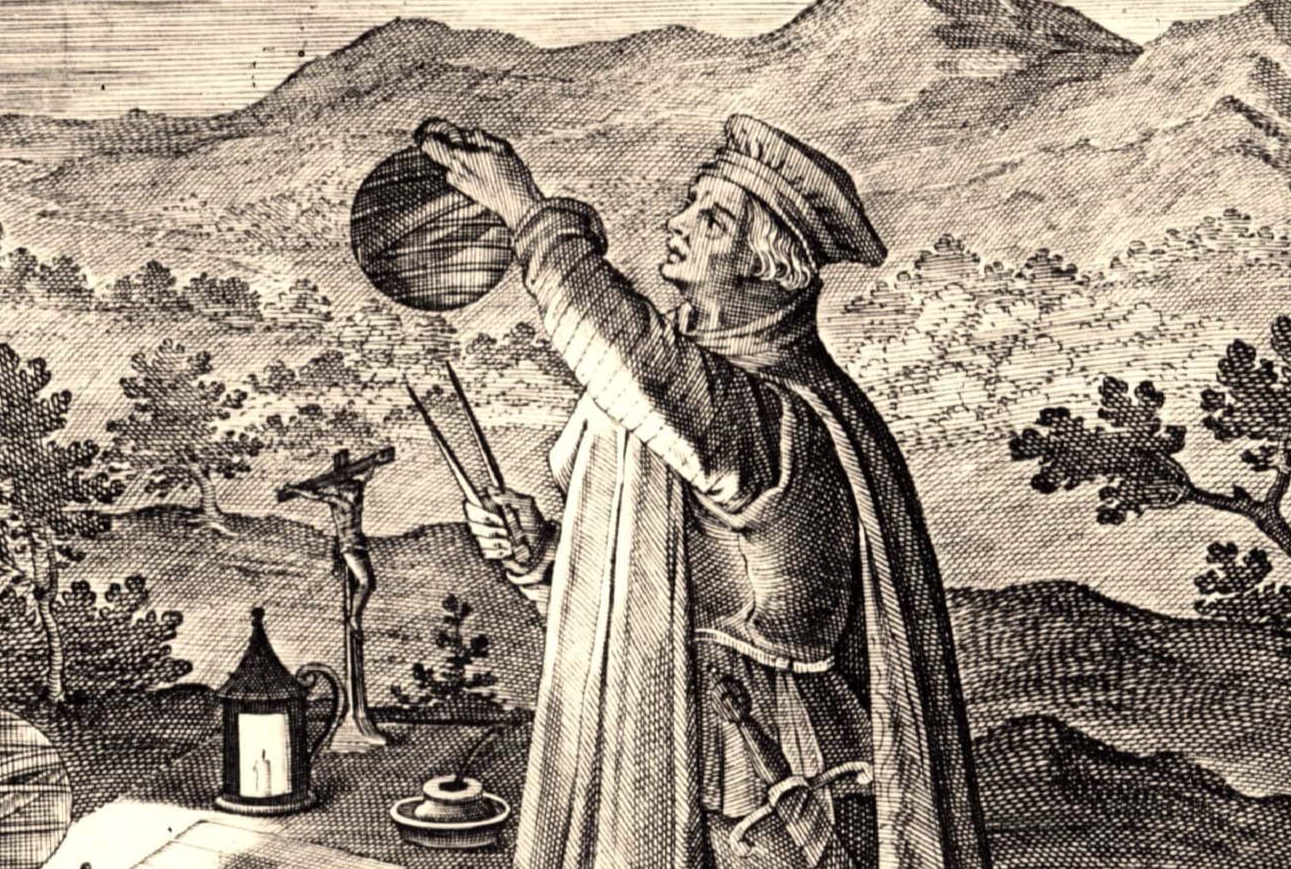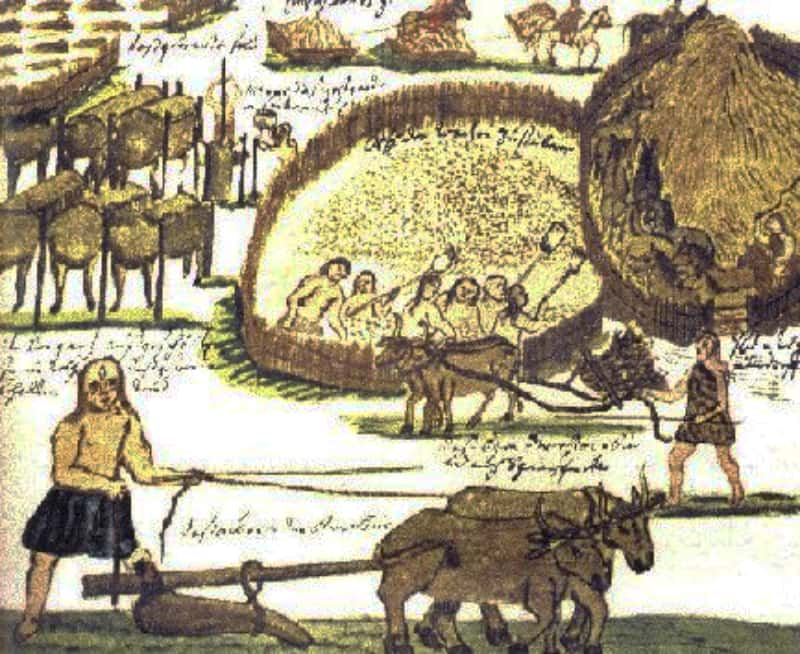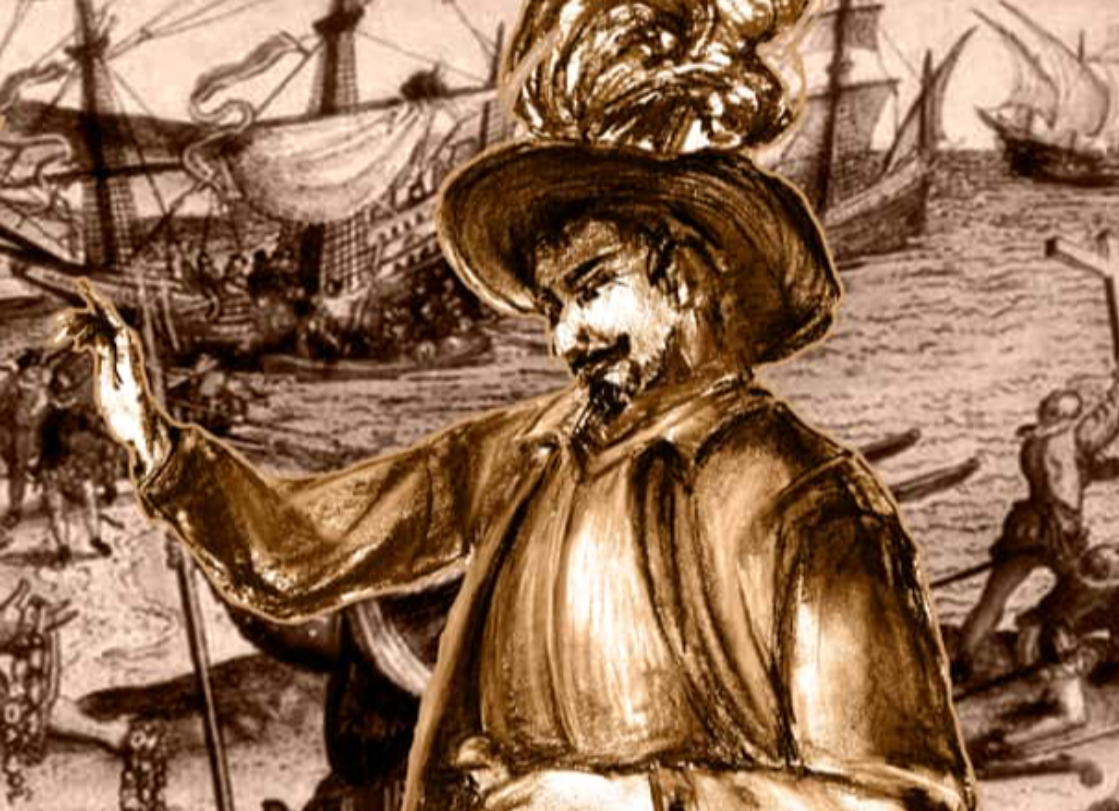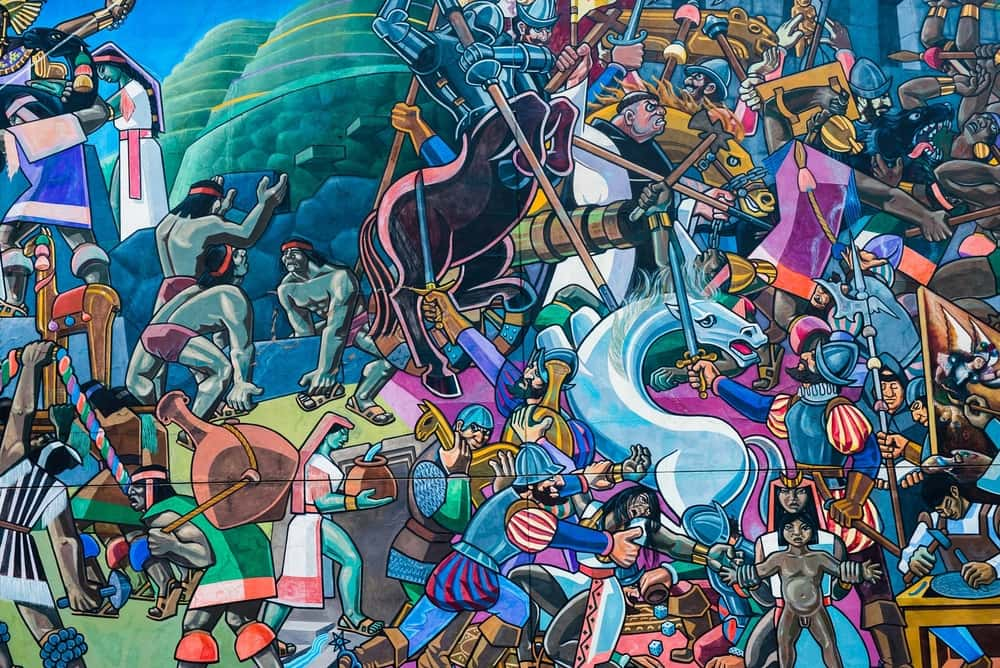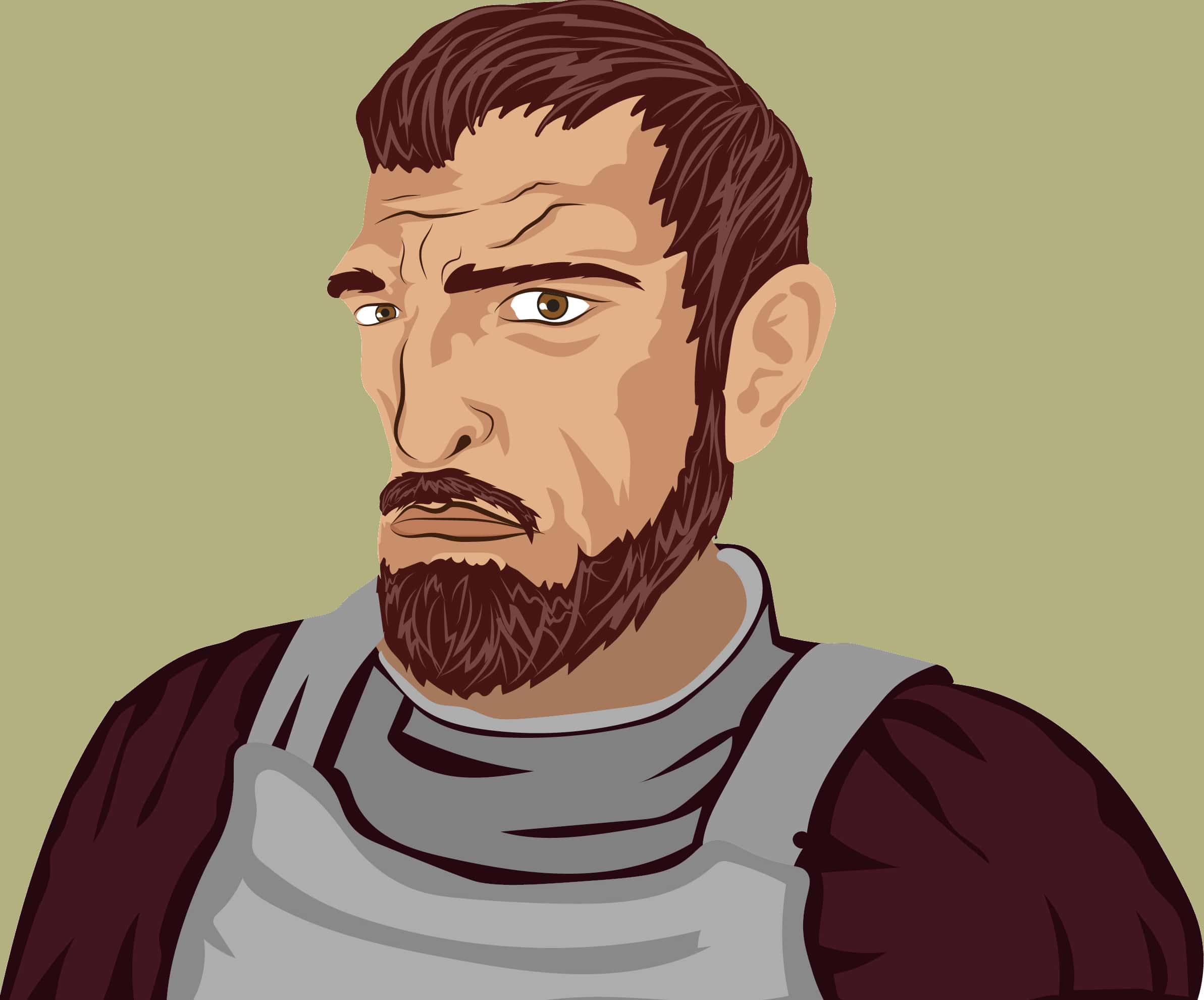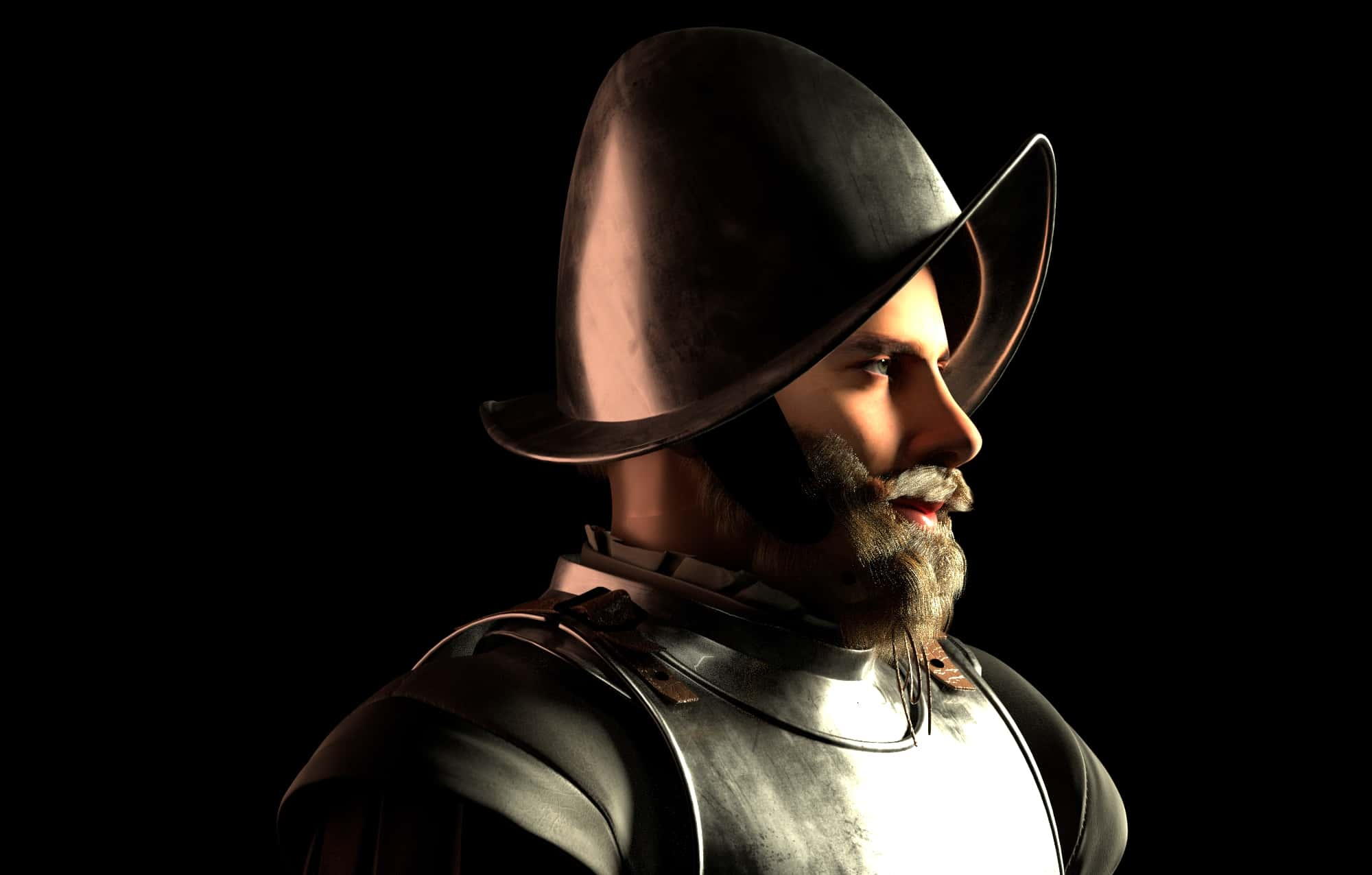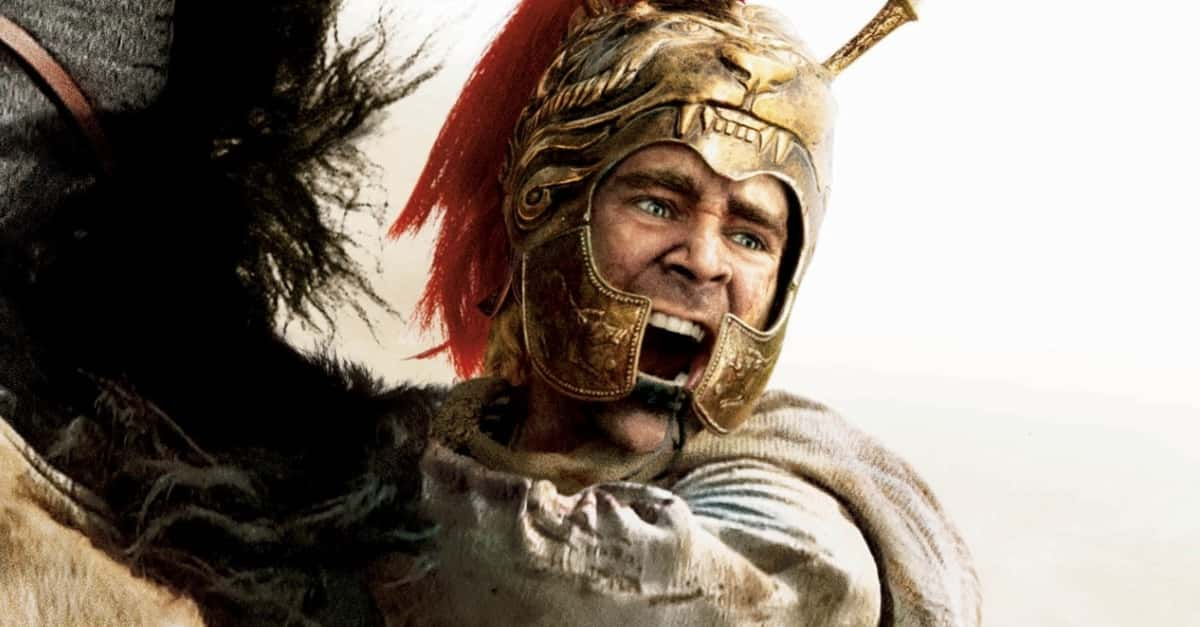After Christopher Columbus discovered the New World in 1492, many Spaniards decided to become conquistadors, dreaming of gold, power, and adventures. Conquistadors, which in Spanish means “the ones who conquer,” are remembered for their brutality to natives, colonizing any population they came across in the name of the King of Spain.
The most well-known warriors of the American colonization are Hernan Cortes and Francisco Pizarro, who conquered the Aztec and Inca empires. But did you know there were women among the Spanish conquistadors? Read on to learn 37 glorious and bloody facts that you probably didn't know about Spanish conquistadors.
1. The Conquest of the New World
Spanish conquistadors were explorers of the Spanish Empire who sailed beyond Europe to the Americas, Oceania, Africa and Asia, conquering territory and opening trade routes. They not only fought in the battlefield, but served as interpreters, informants, servants, teachers, physicians, and scribes in the New World.
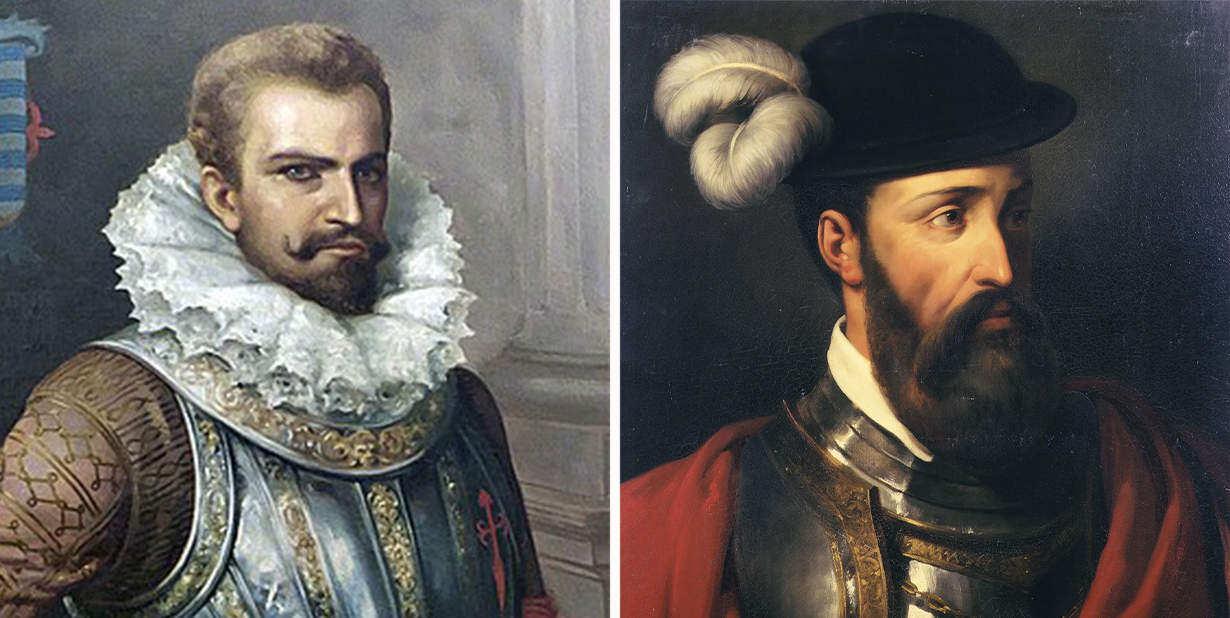
2. Faking It
Castilian law prohibited foreigners and non-Catholics from settling in the New World, but not all conquistadors followed this rule. Many Hispanicised their names and/or converted to Catholicism to serve the Castilian Crown to be able to search for gold and treasures in an unknown land.
3. Women
Castilian law also banned Spanish women from travelling to America unless they were married and accompanied by a husband. But neither men nor women would have settled in the New World if it wasn’t for Queen Isabella I of Castile. She, along with her husband Ferdinand, encouraged Columbus to establish an overseas empire for the newly unified kingdom of Spain, and she was the one who provided the funds for his first voyage.
4. Spiritual Conquest
Catholic religious orders that participated and supported the exploration, evangelizing and pacifying, were made up mostly Dominicans, Franciscans, and Jesuits. In Mexico, the early systematic evangelization by monks came to be known as the "Spiritual Conquest of Mexico".
5. The Cousins
The two most famous conquistadors were Hernan Cortes, who "conquered" the Aztec Empire, and Francisco Pizarro, who led the conquest of the Incan Empire. The two were actually distant cousins.
6. Side Piece
Famous for leading the battle that ended the Aztec Empire, Cortes was known for his aggression. While conquering the Aztecs, he destroyed temples, buildings, and brutally ended many natives. But Cortes missed his first expedition due to a rather embarrassing injury. He was in an adulterous relationship with a married woman, and injured himself while trying to escape from her bedroom.
7. The Illiterate
Pizarro was an illegitimate and illiterate Spaniard who, together with his four brothers, was able to rule in the former Inca territory. The Pizarro family became known as the mafia of the conquistadors.
8. Merger
In 1469, Ferdinand II of Aragon unified Castile with Aragon, creating the Kingdom of Spain in his union with Queen Isabella.
9. We Are the Champions
The Battle of Cartagena de Indias was an amphibious army engagement between Britain and Spain in what is now Colombia. It ended in a major defeat and heavy losses for the British: over 50 ships lost and around 10,000 casualties. However, the battle has long been a cultural celebration in Colombia, which remembers the valiant Spanish defense.

History's most fascinating stories and darkest secrets, delivered to your inbox daily.
10. The Enemy of My Enemy
The conquest of the Aztecs was one of the most significant events in the colonization of the New World by Spain. Hernan Cortes led the expedition to conquer what we now know as Mexico. During the campaign, Cortes was given support from a number of tributaries and rivals of the Aztecs, including the Totonacs and the Tlaxcaltecas.
11. The Island of California
Around the time of the Conquistadors, the Spanish held a huge cartographic misconception about America: they thought that California was an island, despite numerous accounts stating the contrary. Some even thought that California was an idyllic Eden (and were they wrong?).
12. Eat or Be Eaten
Juan Diaz de Solis is remembered as the first conquistador to land on what is now modern day Uruguay, but he wasn’t able to see much in the New World, as reports suggest he was eaten by natives when disembarking.
13. Never Enough
Not every conquistador was happy in the New World, and that was the case with Francisco Hernandez de Cordoba. Together with some 110 discontented Spanish settlers in early colonial Cuba, Hernández de Córdoba petitioned the governor for permission to launch an expedition in search of even more new lands and exploitable resources.
14. All the Way Down
Francisco de Orellana was the first known explorer to navigate the entire length of the Amazon river; in fact, the Amazon river was called "Rio de Orellana" for a time.
15. Leap of Faith
Pedro de Alvarado, another conquistador, was known for a daring leap he made across a canal while escaping the Aztecs who were attacking him.
16. Mapping It out
Not all conquistadors were sent to lead in the battlefield. Some had other priorities, such as Juan de la Cosa, a cartographer who worked with Christopher Colombus. Cosa also owned Columbus' famous expedition flagship, the Santa Maria.
17. A Brutal Failure
Conquistadors are often described as brutal and cruel, and Panfilo de Narvaez lived up to the expectations. He participated in the conquest of Cuba and was known for his aggression to the natives. However, he is mostly remembered for the only two expeditions he completed without any success.
18. Pigging Out
Vasco Nunez de Balboa is remembered as the first European to discover the Pacific Ocean. But after his first expedition in 1500, he settled in the New World and lived the life of a planter and pig farmer. He wasn't very good at this, though, and soon abandoned his vocation and joined up again with Spanish expeditions.
19. Edging out the Competition
How did the Conquistadors manage to conquer and brutally oppress the native peoples of the lands they were trampling through? Well, their steel armor protected them from native weaponry, which couldn't pierce their defences. Moreover, although the Spanish guns were clumsy and took time to load, the weapon also made smoke and loud noises that confused and scared their opponents.
20. A King's Ransom
The promise of gold in the New World was immense: At one point, the Incan Emperor Atahualpa filled up a room once with gold and twice with silver in an attempt to secure his freedom and safety after the Spanish invaded his lands. Pizarro and his gold-thirsty crew were rewarded with 13,000 pounds of gold and 26,000 pounds of silver.
21. Half Bad
Many will remember Francisco Pizarro for his expeditions to conquer the Incas, but did you know his half-brother Gonzalo was also a conquistador? In fact, Gonzalo helped conquer Peru in the early 1530s, and participated in a rebellion against Spain in the 1540s.
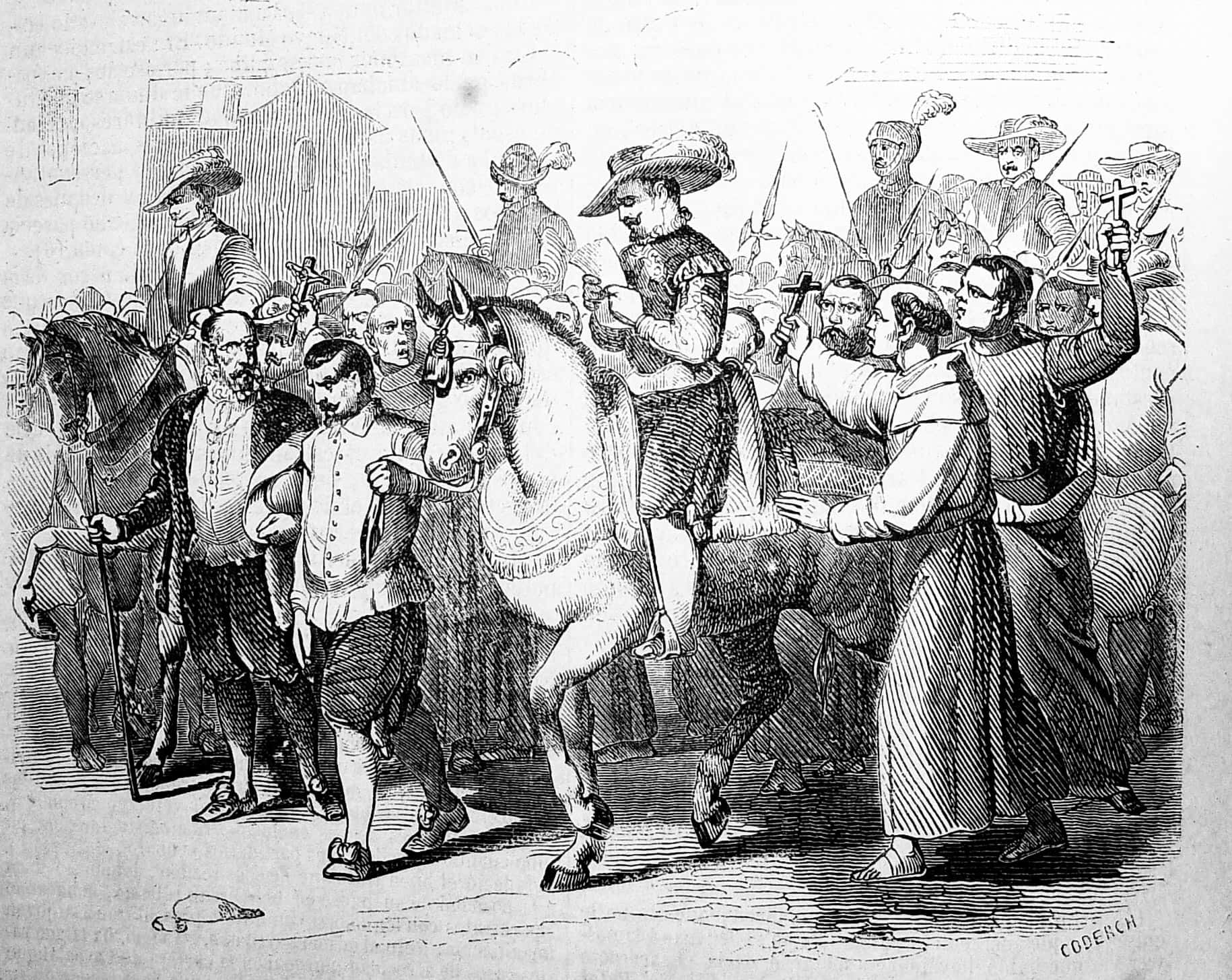 Flickr, Fondo Antiguo de la Biblioteca
Flickr, Fondo Antiguo de la Biblioteca
22. A Real Scrooge
Although Pizarro's men, after Atahualpa's ransom, made off with quite a lot of moola, Cortes' men did not fare as well; they were said to have received only about 160 pesos of gold each for their efforts, and these men often suspected Cortes of hiding his gold from them.
23. Cow Head
Spanish conquistador Cabeza de Vaca, which translates as "cow head" in English, was very different from other explorers. He actually became a faith healer for many Native American tribes as he travelled across the southwestern US.
24. Fantasy Lands
As brutal as the conquistadors were, they also had their heads up in the clouds. Columbus thought he had found the garden of Eden, and another conquistador, Juan Ponce de Leon, sought out the Fountain of Youth in Florida.
25. Starting Young
Columbus might be known as the Spanish-funded conquistador who discovered the New World in 1492, but he began his career when he was just 10 years old. Because he was too busy travelling the seas at such a tender age, Columbus may never have known how to write in his native language.
26. All That Glitters
The myth of El Dorado, the city of Gold that many conquistadors sought, was so persistent and important that it actually lasted long after the first expeditions to the New World: people only stopped looking for the city around 1800.
27. Of Noble Birth
Despite being born into a Portuguese noble family, Ferdinand Magellan sailed under the Spanish flag. Magellan is known for organizing the Spanish expedition to the East Indies, which resulted in the first circumnavigation of the Earth.
28. The Last Laugh
In modern day Latin American, not many people are clamoring to glorify the conquistadors. While many native faces appear on banknotes and in statues around these countries, the conquistadors are often relegated to their unassuming graves.
29. Big Name
Italian Amerigo Vespucci explored the coast of what we now know to be South America. Vespucci is often recognized as the man from whom America got its name.
30. Re-Gifting
The word "encomienda" comes from a Spanish verb meaning "to entrust". One prize that could be used to buy off conquistadors was the gift of an "encomienda". An encomienda was land given to a conquistador, usually with natives already living there. In theory, the conquistador was supposed to protect the natives while they worked for him, but surprise! That didn't often happen.
31. Decimated
Thanks to both the brutality of the conquistadors and the variety of new European diseases these men brought over, the native populations of Puerto Rico, Cuba, and Hispaniola, among others, were all but wiped out during these forays into the New World.
32. Sole Searching
The conquistadors had a favorite aggression method to get a native to show them where gold was located: the Spaniards would burn the soles of their victims' feet to prod them into confessing what they knew.
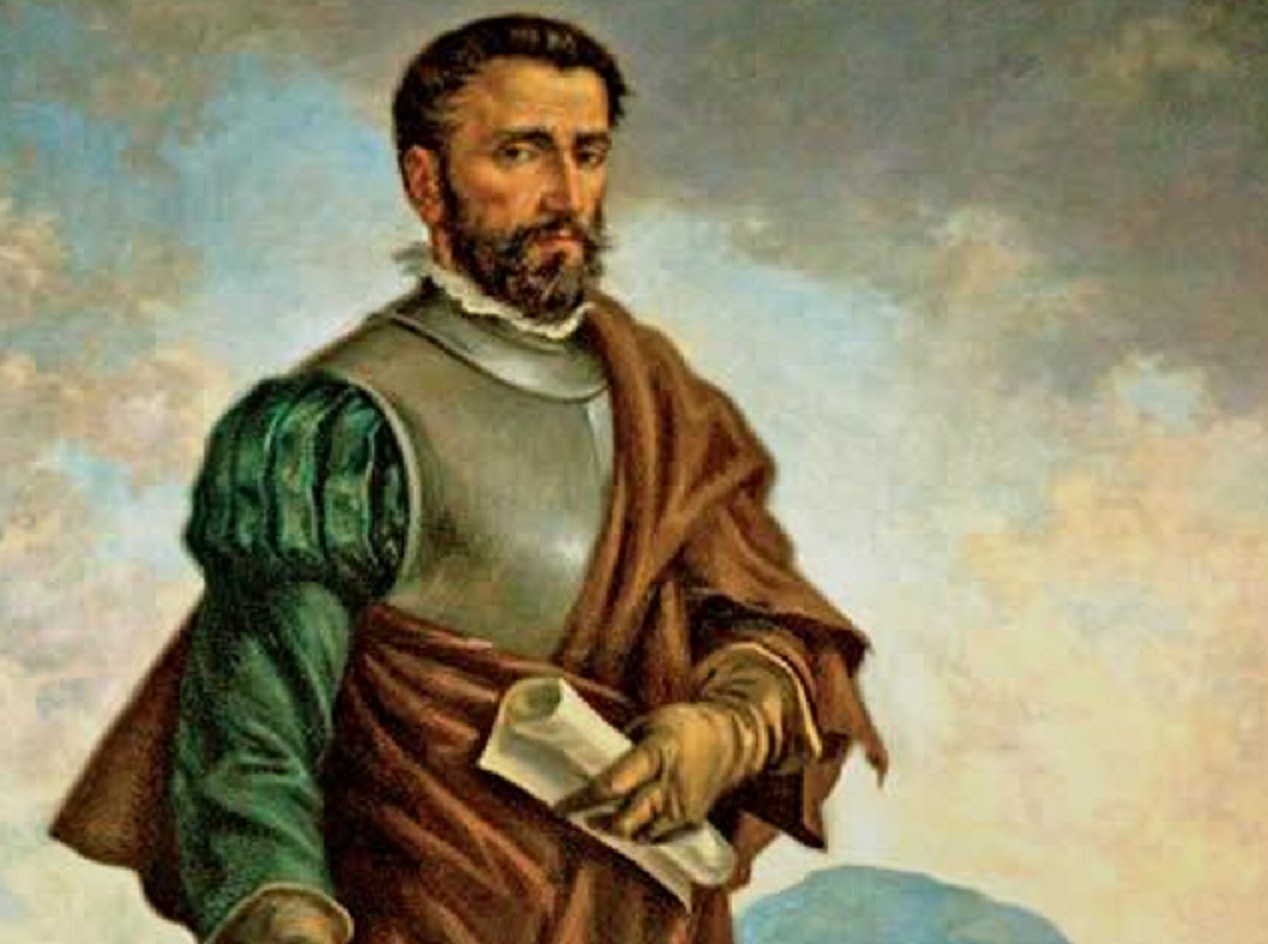 Coriolano Leudo Obando, Wikimedia Commons
Coriolano Leudo Obando, Wikimedia Commons
33. These Bros Ain't Loyal
Conquistadors were less like an army and more like a group of mercenaries: they would join up with one expedition, and then another, and, although the King demanded a cut of their profits, they weren't particularly loyal to one ideal, or to each other, for that matter.
34. Wrath of God
Lope de Aguirre styled himself "Wrath of God, Prince of Freedom, King of Tierra Firme," but fellow conquistadors called him “El Loco” or “The madman". So yomu get an idea of what this dude was like. He is best known for his final expedition, the search for El Dorado, on which he mutinied against the leader of the expedition. Once he was in control, he went mad with paranoia, ordering the summary executions of many of his companions. He even ended his own daughter.
35. A Dish Served Crazy
Before his whole ending-my-daughter exploit, Aguirre did something equally brutal. He was once flogged for disobedience, and the unhinged explorer spent three years plotting bloody revenge on the judge who ordered the punishment. The judge had promptly fled town after giving the order because he didn't want to mess with a guy who called himself weird nicknames, but "Wrath of God" reportedly travelled something like 3,7000 miles on foot to find the judge in Cuzco, Peru. Aguirre then broke into the judge's house and hurt him badly, hiding out until he could escape the city and any further punishment.
36. Grounds for Divorce
Hernan Cortes was the brutal conqueror who brought down the Aztecs, but less known is his entanglement in a violent, licentious scandal closer to his bedchamber. Cortes' first wife, Catalina Suarez, passedin the night under mysterious and suspicious circumstances just after she joined him in New Spain. The marriage had been barren, although Cortes had fathered children through extra-marital affairs. She was also now a political burden to him, being related to one of his allies-turned-enemy. The scandal provoked an investigation, but Cortes emerged relatively unscathed.
37. The Great Lady
In the heat of battle, a wearied Aztec fighter looked up to see a vision of the Virgin Mary. But this was no heavenly creature: it was a ruthless female conquistador. Maria de Estrada was one of the few women who traveled as a conquistador to the New World. Nicknamed the Great Lady, she fought alongside her husband in every battle including the epic La Noche Triste (“The Night of Sadness”) when the conquistadors’ retreated from the Aztec capital in 1520. She was likely the first white woman in the Americas.
Sources: 1, 2, 3, 4, 5, 6, 7, 8, 9, 10, 11, 12, 13, 14, 15, 16, 17, 18, 19, 20, 21, 22, 23, 24, 25, 26, 27, 28, 29, 30

